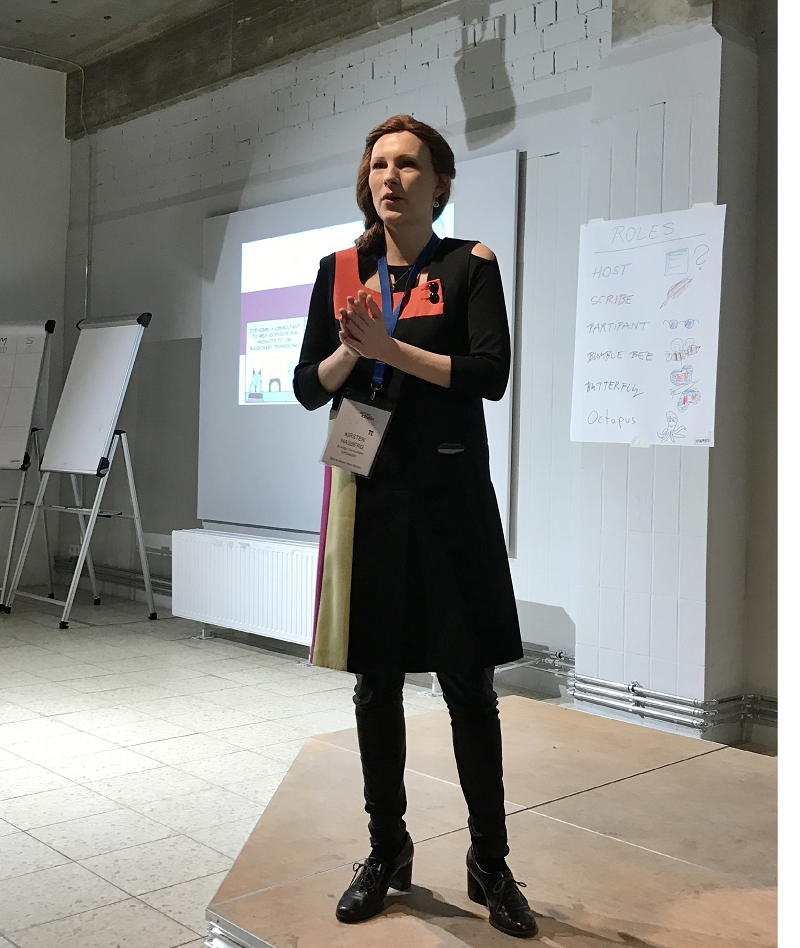PONTON has hosted the first Enerchain Workshop in Berlin on February 21-22, 2017. The event was held in “Unicorn”, a co-working space for start-ups close to other blockchain organisations in Berlin.
The topic of the Enerchain Workshop was the practical application of blockchain technology to energy trading. In order to gain critical mass, participation was focused on companies generating and trading power and natural gas in Europe, with more than 50 experts taking an active part, representing companies from ten European countries, with most being among the leaders in their respective markets. The background of participants ranged from corporate strategy, business development, front-office, back-office, compliance, IT, to legal.

The keynote speaker was Kirsten Hasberg from the Blockchain Hub in Berlin. She delivered a fulminant introduction on how blockchain technology enables low-cost, market-based transactions which in turn helps disrupt the disruptors. True to her motto of Energy Democracy, and using Uber and AirBnB as example on how NOT to do it, Kirsten showed how the power of the network should remain in the hands of market participants. Michael Merz, Managing Director of PONTON, presented the Enerchain trading tool as it was originally presented on the EMART conference in Amsterdam. Moritz Muck, Head of Legal, led a discussion on legal and regulatory implications of blockchain and concluded that smart contracts are neither smart nor contracts. Speakers from ENEL, RWE and Priogen shared their view on applying blockchain to energy trading and shared the status of their respective activities in this space.
The bulk of the two day workshop was organised in a self-directed “Open Space” conference format, split into various sessions, where participants themselves defined the questions and how to approach them. In these sessions, participants discussed all phases of the energy trading process. Topics included the optimisation of the trading process, simplification of settlement, current and future business models for P2P trading, and scaling from local grids to the wholesale market. In a technology track, the focus was on available blockchain technologies, their level of maturity, future developments and how to keep business processes technology-agnostic. A particular emphasis was put on next steps, and how to keep the momentum, and grow the group.
The participants left the workshop very motivated to move Enerchain ahead and to receive internal buy-in from their companies. The intention is to form an early mover group, and explore as a group the practical next steps towards a broad deployment of blockchain technology. The promise to dramatically reduce cost, keep system availability high, and to perform instantaneous settlement clearly justifies further steps for integration and proof of concept implementations.
